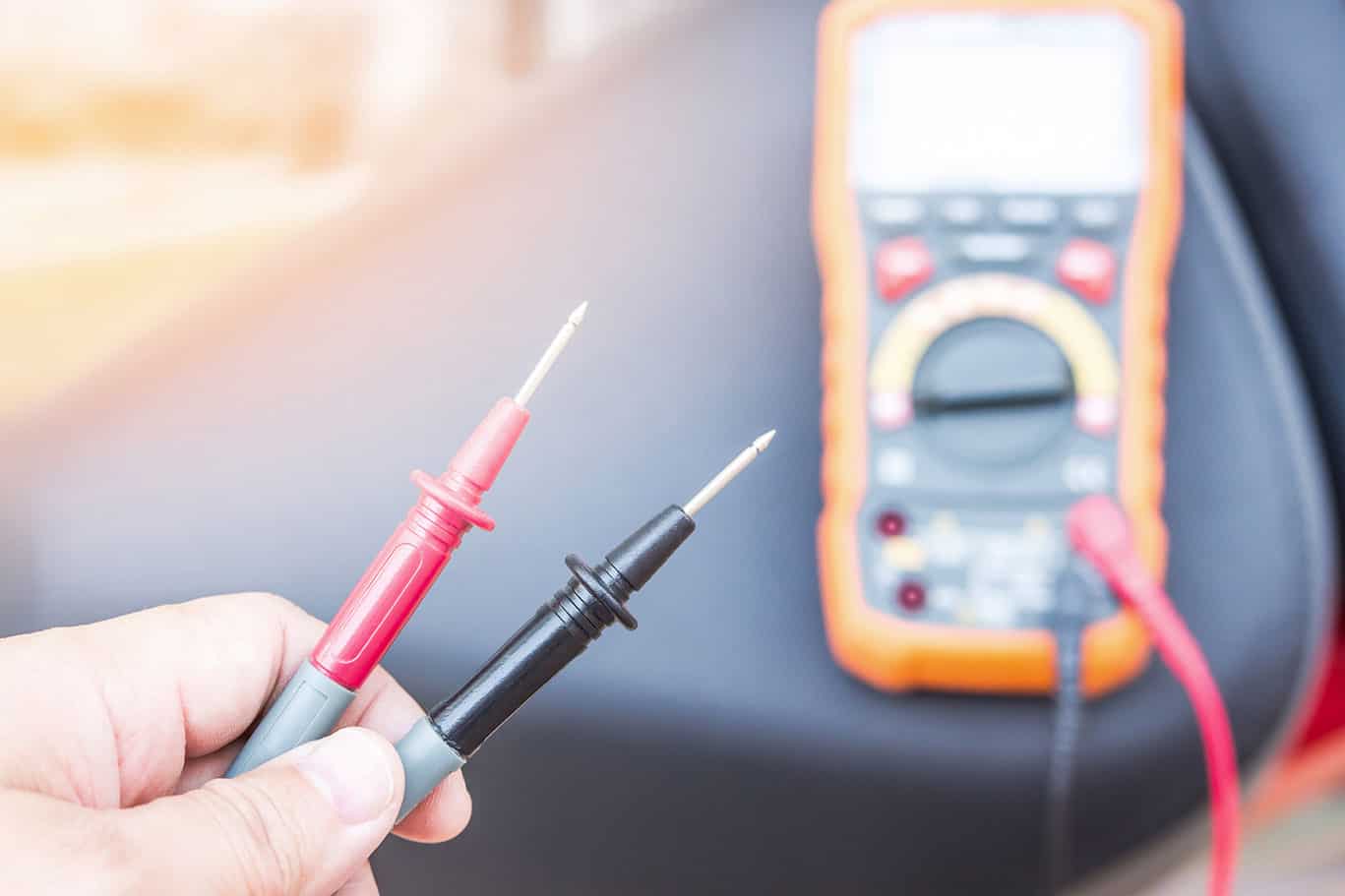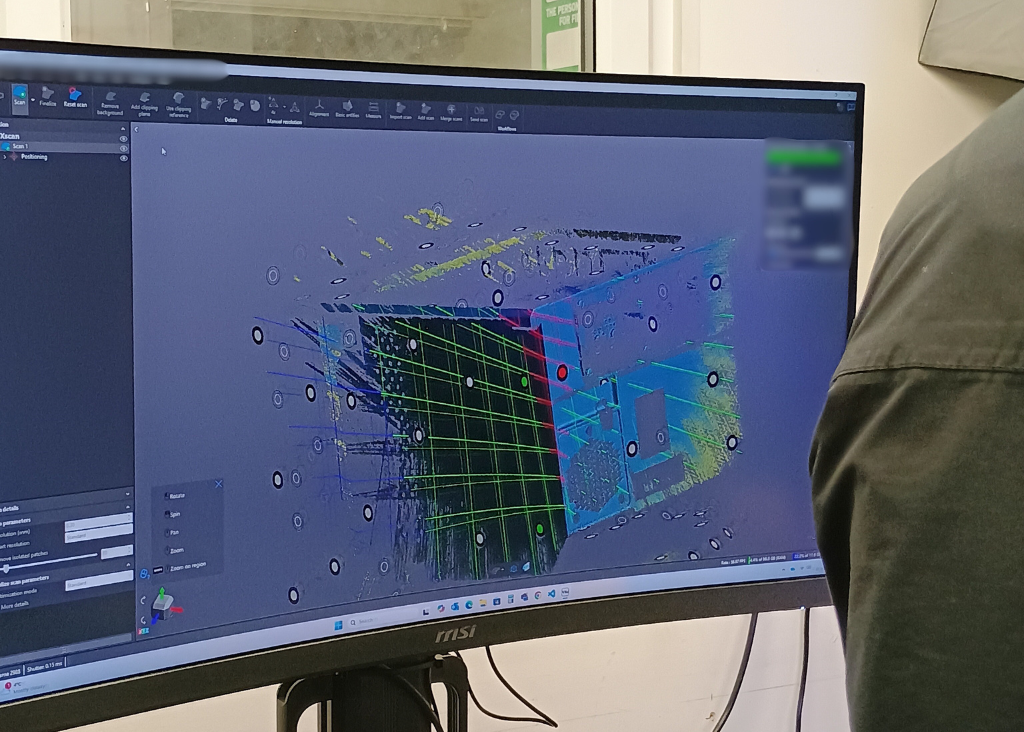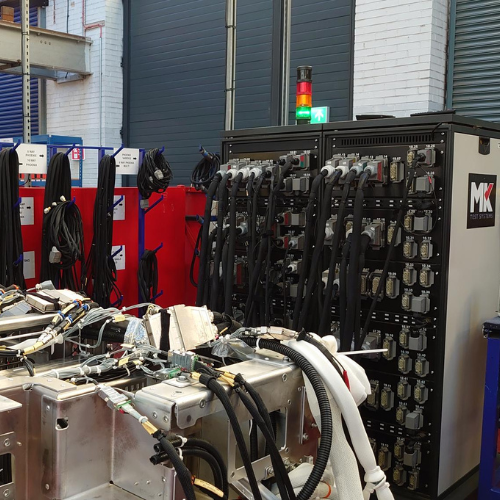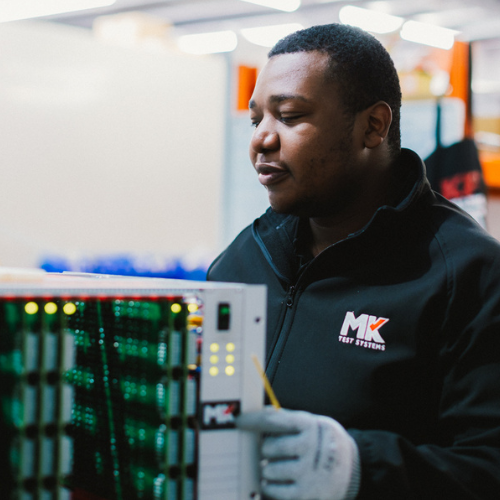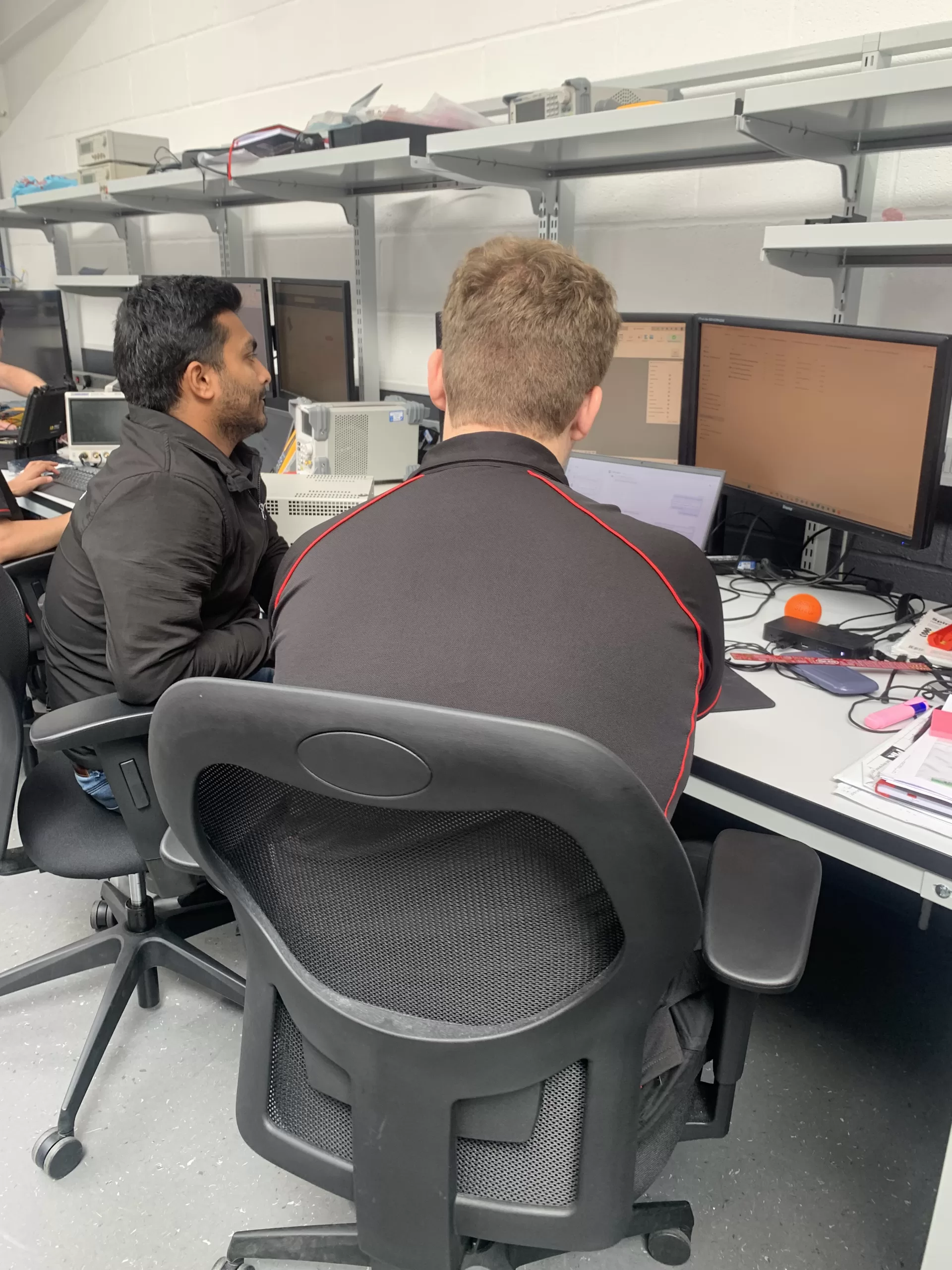In industries where electrical systems play a vital role, ensuring reliability and safety is paramount. Resistance tests are essential to identifying potential weaknesses in circuits, wire harnesses, and electrical components. By measuring resistance levels, these tests help prevent failures that could lead to costly downtime or dangerous malfunctions. This blog explores the importance of the testing and why it is a cornerstone of electrical safety across critical industries.
What is a Resistance Test?
It evaluates the ability of electrical components to resist current flow under various conditions. These tests ensure that insulation materials, connections, and wires perform reliably within specified parameters.
Resistance tests are particularly significant in sectors like:
- Aerospace: Ensuring the reliability of wire harnesses in aircraft systems.
- Defence: Maintaining the integrity of communication and control systems.
- Energy: Verifying the safety of high-voltage transmission lines.
Why Resistance Testing is Crucial
-
Prevention of Electrical Failures
Resistance testing identifies potential issues like insulation breakdowns, faulty connections, or poor-quality materials that could lead to electrical failure.
- Regular tests reduce the risk of power outages or equipment breakdowns in critical systems.
- This ensures operational continuity, especially in high-stakes environments like aerospace or defence.
-
Ensuring Compliance with Industry Standards
Many industries have stringent regulations requiring regular resistance testing to maintain safety and reliability.
- Tests ensure compliance with standards such as BS EN 60598 or ISO 61010.
- By adhering to these requirements, businesses can avoid penalties and demonstrate a commitment to quality.
-
Protecting Equipment and Extending Lifespan
Over time, wear and environmental factors can degrade the performance of electrical components. Resistance tests:
- Detect early signs of wear before they escalate into costly repairs.
- Help extend the lifespan of critical equipment by enabling timely maintenance.
Resistance Testing Applications Across Industries
Aerospace and Defence
In these industries, safety is non-negotiable. They ensure that wiring systems can withstand the extreme conditions they often encounter.
- Aircraft rely on resistance testing to verify wire harness insulation.
- Defence systems use tests to safeguard communication networks and radar systems.
Energy Sector
High-voltage systems require rigorous testing to maintain performance and safety.
- They help monitor transmission line efficiency.
- They prevent power loss due to poor insulation or faulty connections.
Industrial Manufacturing
Manufacturers perform resistance tests to ensure products meet reliability standards before reaching consumers.
- This includes testing electrical motors, generators, and complex machinery.
The Risks of Skipping Testing
Neglecting resistance tests can lead to:
- Electrical Shorts: Compromised insulation can result in short circuits or fires.
- System Failures: Unchecked resistance issues may cause critical equipment to malfunction.
- Increased Costs: Repairing failures post-production or mid-operation is far more expensive than proactive testing.
Resistance testing is an indispensable part of maintaining electrical safety and reliability. By ensuring compliance with industry standards and detecting issues early, these tests protect both equipment and lives in high-stakes industries like aerospace, defence, and energy. Investing in regular and precise resistance testing is not just a safety measure—it’s a vital step toward operational excellence.
Want to learn how MK Test can support your testing needs? Visit our website or contact us at +44 (0)1823 661100 or sales@mktest.com to explore cutting-edge test systems designed for your industry.
FAQs
Q1: What does a resistance test measure?
A1: This test measures the ability of electrical components to resist current flow, ensuring proper insulation and detecting potential faults.
Q2: Why is resistance testing important in aerospace?
A2: Aerospace systems rely on testing to verify the reliability and safety of wiring under extreme conditions, reducing the risk of failures during operation.
Q3: How often should these tests be conducted?
A3: The frequency depends on the industry and application. For critical systems like those in aerospace or defence, regular testing is typically mandated by industry standards.

